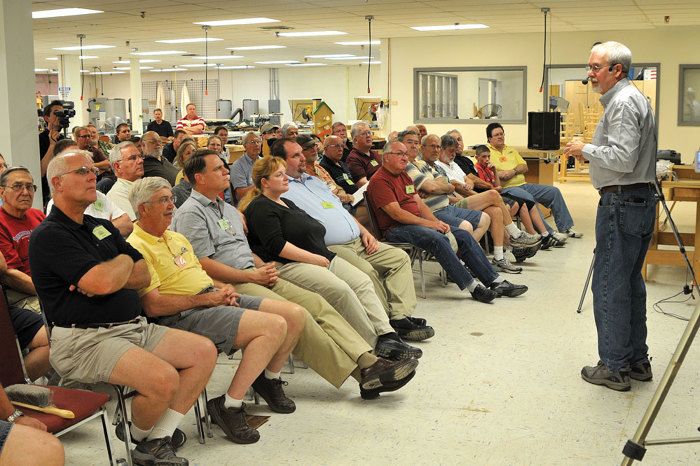
Doug Stowe presented on Small Cabinets and Box Making with the Kansas City Woodworking Guild last June.
Reflecting on a great weekend spent with other woodworkers, I am reminded of the important role that clubs serve in the woodworking community all across the US. I recently returned home from a two-day box making class with Sawdust and Woodchips, a woodworking club in Syracuse, New York.
Woodworking clubs like Sawdust and Woodchips do important things. First, they provide a social connection in which skills are shared and each member is encouraged to learn new things. You can always find members both ahead and behind in the learning curve, so there is never a reason to feel embarassed for not knowing enough. Nor should a person ever feel too smug to join up. Every club offers a variety of programs that directly benefit their communities and their members. Most clubs like Sawdust and Woodchips, the Kansas City Woodworkers Guild, The San Francisco Bay Area Diablo Woodworkers have annual toy making projects that supply toys during the holiday season to poor children or raise money for some special or important cause. The clubs often take on interesting projects. For instance members of the Kansas City Woodworkers Guild recently started making Little Free Libraries to serve tornado stricken Joplin, Missouri. A few years ago the Diablo Woodworkers renovated a high school woodshop as a way of expressing community support for woodworking education in schools. They spent several hundred club member volunteer hours in the effort, and then turned around and started an area wide woodworking competition for high school students as a next step.
| Find a woodworking club near you with our Woodworking Clubs Directory |
Members of Sawdust and Woodchips demonstrate annually at the New York State Fair, giving thousands of fair visitors a sense of how things were once made, thus providing an introduction to the wonderful tradition of woodworking to adults and children who have never seen anything like it before in their lives. The members of most clubs are involved in using local woods, sharing woods with each other, and helping others to have a better appreciation of our natural environment.
Last week Sawdust and Woodchips had their annual show in which members will brought their best work to share with each other and compete for prizes. Show and tell seems to be one of the things that almost all woodworking clubs have in common. Clubs offer members the opportunity to share their work with others who are actually interested and knowledgeable enough to understand what they have accomplished. Woodworking club members love demonstrating interesting techniques with each other, sharing sources for tools and materials, and are given special discount buying privileges from a variety of woodworking suppliers. Many of the clubs have libraries. All have members who are willing to share articles, books, DVDs and even lend tools to other woodworkers. Some woodworking clubs bring in guest demonstrators and teachers for more extended learning opportunities. While no two clubs will be exactly alike, each will have activities designed to reflect the interest of its members. You can join up and even offer something of yourself.
The Northeast Woodworker’s Association is one of the country’s largest clubs and is best known for hosting the annual Woodworker’s Showcase which is attended by thousands of woodworkers and features exhibits, competition, lectures, demonstrations, vendors and much more in a large convention center in Saratoga Springs, NY. This coming year they are preparing for their 21st showcase, and already members of smaller local clubs like Sawdust and Woodchips are planning projects for the regional competition.
Clubs can come in all sizes, and some like Sawdust and Woodchips, the Kansas City Woodworkers Guild, the Rochester Woodworkers Society and Northeastern Woodworkers Association have special interest groups (SIGs) for turning, carving, funiture making or scroll saw work. So even if you have special interests you can find extra support.
In woodworking clubs all over the US you will find like-minded folks, who understand the value of hands-on learning, who are sincerely interested in building better communities and who love wood. These are my kind of folks. Being hands-on learners, they take an active interest in what goes on in schools, and take time to share their love of woodworking with the children and grandchildren in their families and each other.
At this point, I have visited a lot of clubs. Three I had not mentioned, dare not forget and highly recommend are the South Florida Woodworkers Guild (in South Florida) The Woodworkers of Western Ohio in Dayton and the Wabash Valley Woodworkers of Lafayette, Indiana. Fine Woodworking has a list of woodworking clubs from around the US. If you can’t find a local group to join, start something.

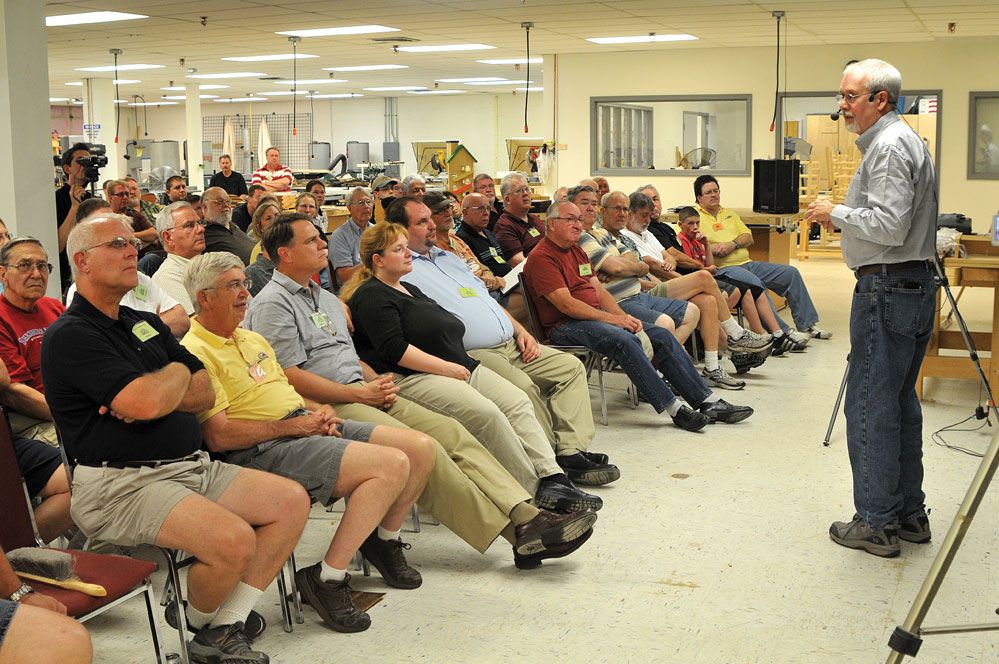
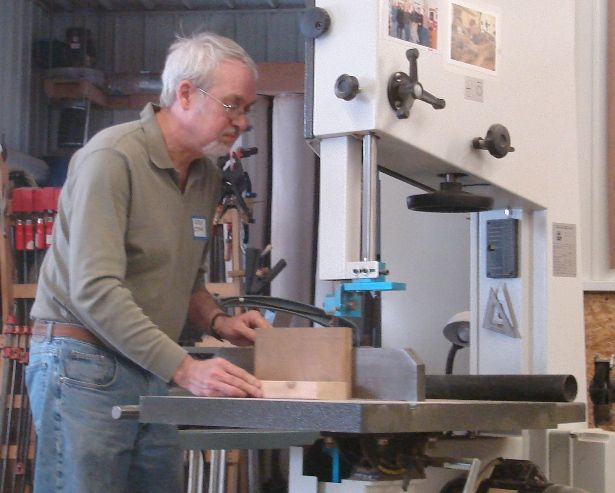
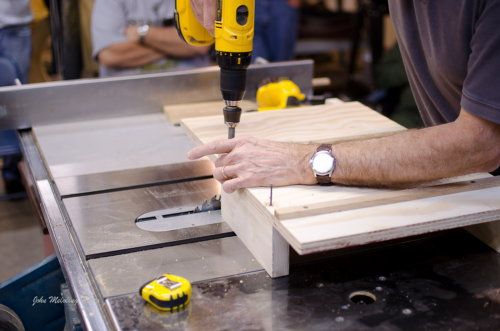
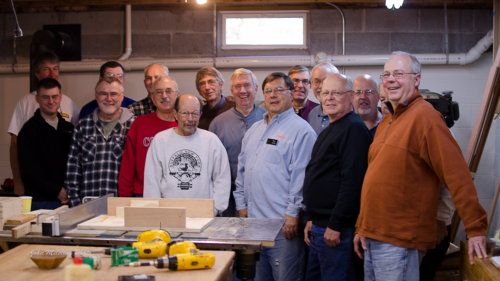
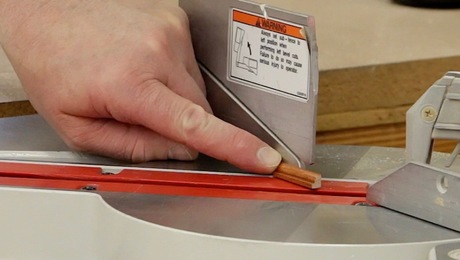
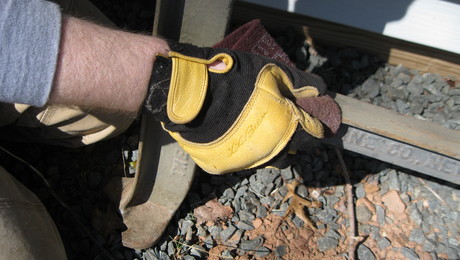
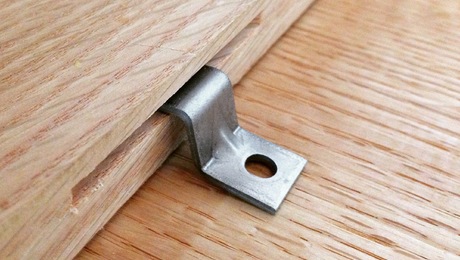
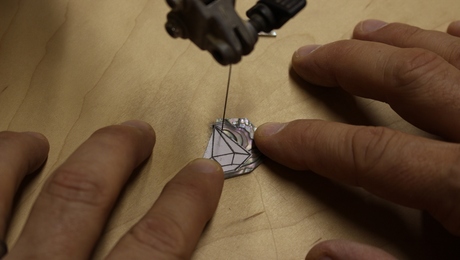


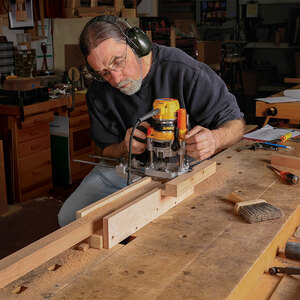
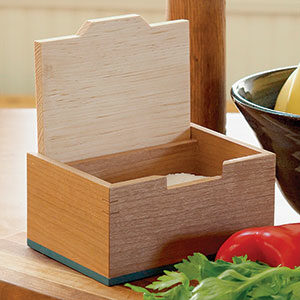
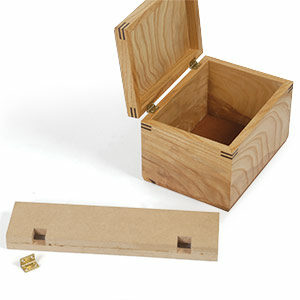
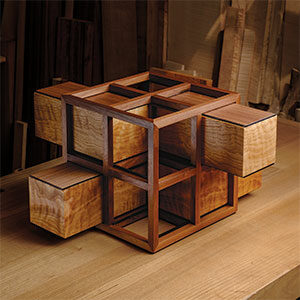











Log in or create an account to post a comment.
Sign up Log in